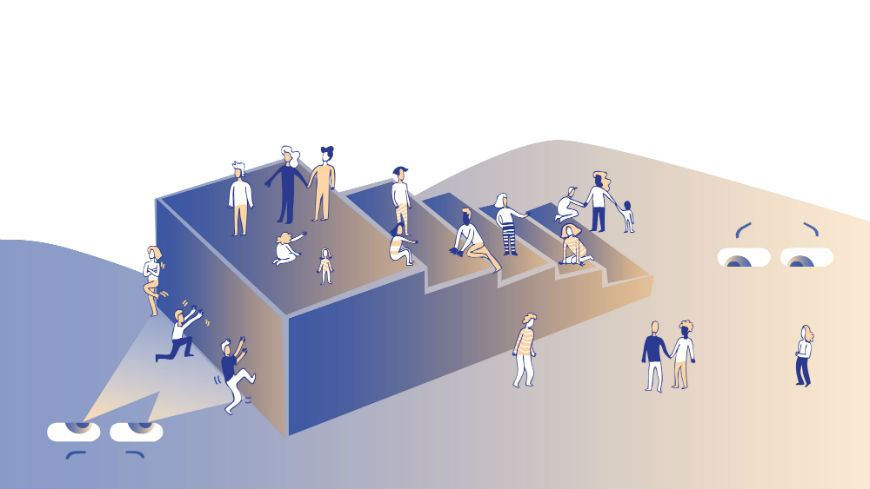Amnesty International, Global perspective on HRE
by Barbara Weber
13/10/2017
What are, in your opinion, the biggest challenges to HRE from a global perspective?
A big challenge around the world is that the space for civil society to claim and enjoy their rights is shrinking. Human rights are perceived as an obstacle rather than the foundation of our societies. Narratives such as national security over civic freedoms, economic growth over access to economic, social and cultural rights (corporate abuses, land rights, human rights defenders, etc.), national security and economic growth over equality and rights for all (refugees, migrants, internally displaced people, etc.), discrimination, homophobia, Islamophobia and religious extremism are dominating the discourse in many places. This leads to a lack of legitimacy for the work of human rights defenders on the ground.
Marginalised and discriminated groups – including women, refugees, migrants, indigenous peoples, LGBTI, etc. – face difficult to life-threatening conditions when they speak out for their rights and rights of others. They are subject to various forms of discrimination and smear campaigns.
The foundation for a society to promote and protect human rights is an adequate educational experience – formal and non-formal. People need to know their rights in order to claim them; students need to grow up in an environment where human rights are respected.
Where are we with HRE in the world nowadays? Is there anything urgent to be done?
There is great urgency to reach out with human rights education in a coherent, systematic and sustainable way. Last year Amnesty has reached about 800 000 people in more than 190 countries with HRE. Our experience shows that learning and teaching human rights is in many countries still focused on knowledge and not on building skills and challenging attitudes. There is also a big gap between policies and practice. Even in countries where HRE is integrated in policies, the actual effect on people’s lives is very limited. In many parts of the world quality teacher training is missing as well as resources and an adequate learning environment. Even in well-resourced countries like in Europe a closer look reveals that text books are full of stereotypes and prejudices. There is a need to look more closely into the way HRE is actually implemented.
HRE should aim at addressing issues that are relevant for people in their everyday life, online as well as offline. We have to influence in a comprehensive way our educational systems – to fundamentally shift the discourse and the narratives that can address the backlash we are facing in human rights protection.
There is a need for a solid monitoring and impact assessment of HRE initiatives. We need more information about long-term effects of HRE efforts. What does work/what does not? Where do we achieve impact and bring about positive change?
We need a variety of approaches with high-quality HRE to reach and connect people on all levels from local to global.

© Illustration by Coline Robin








